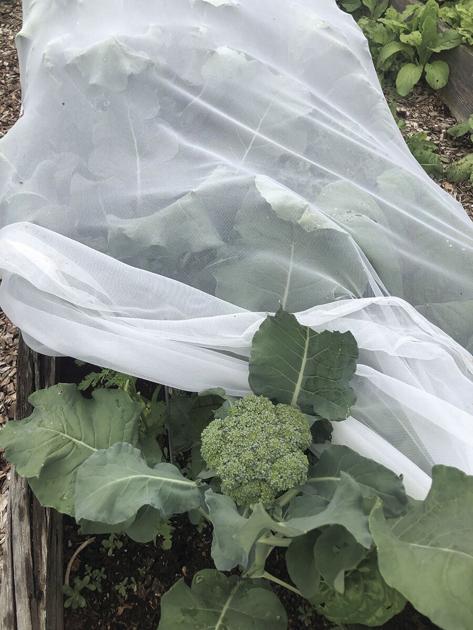Vegetables and spices are experiencing a new wave of extraordinarily high prices in urban centers. The higher production costs of vegetables, the gap between supply and demand and disruptions in distribution are among the main factors responsible for the observed price increases. In addition, there is ineffective price control by the district administration and the lack of a political framework to promote vegetable production in the country.
Undeniably, vegetables are out of reach even for the middle class. People are turning to the government for price control measures, but under the free market mechanism and with the current human and institutional capacities of government agencies, price reduction seems almost impossible.
Given the situation, urban kitchen gardening (growing vegetables indoors) can be a viable option for households faced with high prices and/or a shortage of fresh and contamination-free vegetables.
Households don’t need a lot of space to keep small and vertical-growing vegetables; a backyard, roof terrace, terrace or balcony can easily be used for this purpose. A container on the windowsill can also provide fresh and healthy food. While you can’t grow all vegetables at home, it still brings some quality food to the table while reducing household food expenses.
Its widespread adoption can help achieve food self-sufficiency and promote a more sustainable lifestyle
In addition, placing containers on the roof has the added benefit of lowering the roof temperature and reducing the home’s air conditioning costs. In addition, vegetable gardens can prove to be the best carbon sinks in overcrowded cities to combat air pollution.
Several government and/or civil society sponsored campaigns to promote homegrown vegetables in our cities have previously failed to achieve the intended results as the extended household support was limited to the distribution of free vegetable seeds along with a short instructional booklet . Undoubtedly, the majority of city dwellers are in favor of the idea, but they face some obstacles in adopting it.
First, it is reasonable to say that growing vegetables is not easy, but involves some technical tasks, such as selecting high-yielding seeds and seedlings, preparing soil media, sowing seeds properly and timely, applying balanced nutrients and controlling pests and diseases. Therefore, unless these operations are made easy for everyone, large-scale expansion will remain a dream.
Second, initial cost is an important consideration. Likewise, if someone wants to give up kitchen gardening after starting, the sunk costs should be minimal.
Third, the vegetable garden initiative should align with the dominant lifestyle of most urban households, which is characterized by the search for greater convenience, door-to-door delivery, and service components along with physical products. Considering these factors, providing already grown/transplanted plants (for a few days) in a pot, container or bag instead of giving seeds to households can solve several challenges households face. A packet of liquid/granular fertilizer and safe pesticide – with a small hand sprayer – can help shoppers further.
Since several vegetables ripen in 35-40 days, buyers need to water the plants and apply fertilizer – relatively simple tasks – for only about a month to get products. With the use of natural compost and special care, even organic vegetables could be grown.
In each city, dozens of private nurseries sell both ornamental and fruit plants, which can serve as ideal suppliers for vegetable plants and seedlings as they already have the space, facilities and know-how to add a new line of products to their product mix – Vegetables .
Private sector companies offer multiple products/hardware against a refundable deposit to lower the entry and exit barriers for customers. A notable example is home delivery of large bottled water (19 litres) by bottled water companies. Likewise, nurseries can offer plants grown/transplanted in containers, which will be exchanged for new containers once the previous plants go out of season after a few months. Home delivery, online ordering, home planting services, and a helpline coupled with instructional videos can provide additional convenience for shoppers.
However, the main challenge is to initiate change where a few private sector actors (kindergartens) can start this business model in every big city. To get started, government agencies and civil society organizations that have campaigned to promote domestic vegetable production can better channel their funds through nurseries to achieve sustainable results at scale.
As Pakistanis face severe economic insecurity, high food inflation and declining real incomes, the urban kitchen garden has never been more important to ordinary households than it is today. Its widespread adoption will help achieve food self-sufficiency and promote a more sustainable lifestyle. The next spring season – an ideal time to start the vegetable garden – is only a few weeks away.
Khalid Wattoo is a farmer and development expert. Sara Mehmood conducts research in the fields of forest and environmental sciences
Published in Dawn, The Business and Finance Weekly, December 19, 2022









